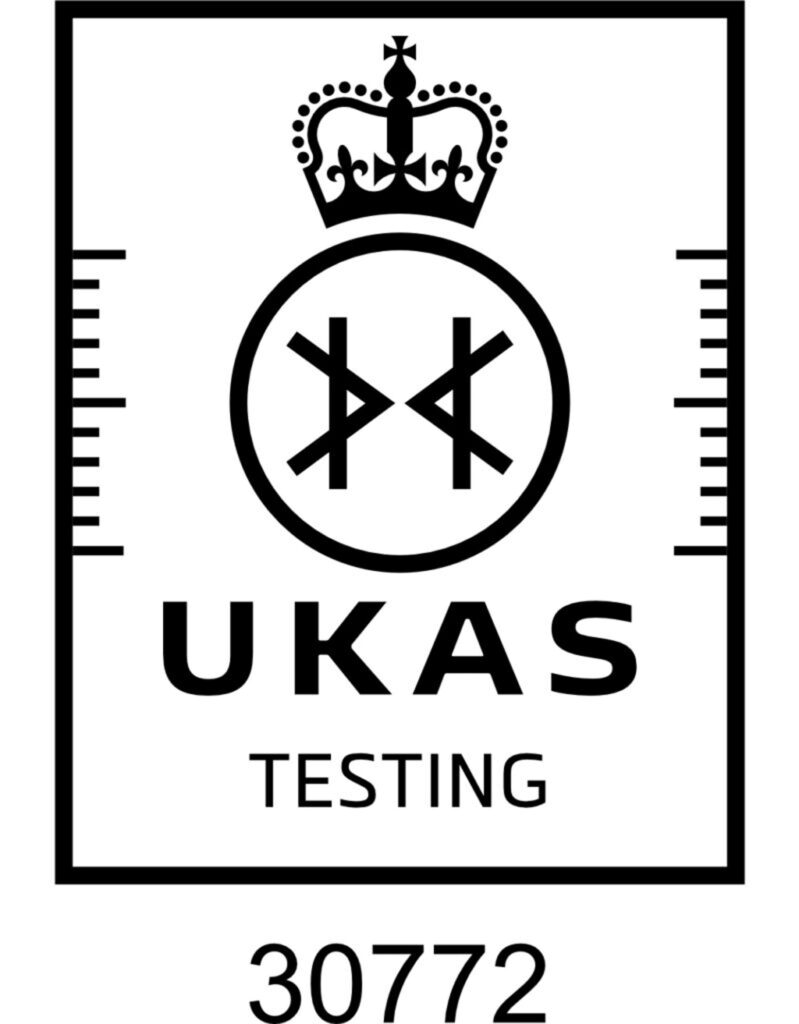
The Water Content test (BS EN 1097-5:2008) determines the amount of moisture present in aggregate materials. This aggregate testing method is essential for assessing material quality, ensuring accurate mix design, and maintaining consistency in concrete and asphalt production.
The test involves weighing a sample of aggregate before and after controlled drying to calculate the percentage of water it contains. Understanding the moisture content helps engineers and technicians adjust water–cement ratios, achieve the desired workability and strength, and ensure compliance with project specifications.
At Amtest UK, our laboratory performs Water Content testing to BS EN 1097-5:2008 as part of comprehensive aggregate quality control. The results provide reliable data for construction materials testing, mix proportioning, and on-site quality assurance, helping ensure durable and consistent performance in every project.

AMTEST UK Ltd delivers top-tier services to civil engineering and infrastructure clients across the UK, backed by expert in-house concrete consultants.
Unit A 2D/6, Project Park, North Crescent, London E16 4TQ
The Water Content test (BS EN 1097-5:2008) determines the amount of moisture present in aggregate materials. This aggregate testing method is essential for assessing material quality, ensuring accurate mix design, and maintaining consistency in concrete and asphalt production.
The test involves weighing a sample of aggregate before and after controlled drying to calculate the percentage of water it contains. Understanding the moisture content helps engineers and technicians adjust water–cement ratios, achieve the desired workability and strength, and ensure compliance with project specifications.
At Amtest UK, our laboratory performs Water Content testing to BS EN 1097-5:2008 as part of comprehensive aggregate quality control. The results provide reliable data for construction materials testing, mix proportioning, and on-site quality assurance, helping ensure durable and consistent performance in every project.